Modern Political Philosophy
Does the government have the right to watch me watching my favorite sitcom Everybody Loves Raymond at three in the morning while I stuff cheese balls down my throat? Does my neighbor? Political philosophy focuses on the study of topics such as politics, liberty, justice, property, rights, law, and the enforcement of laws by authority. It also poses the question of what constitutes a right. Take for instance, free speech. Do I have the right to slander anyone that doesn’t think Everybody Loves Raymond is the greatest show to ever exist?
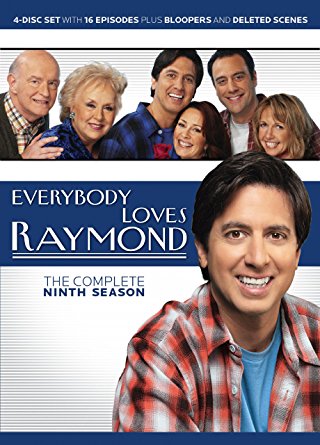
Modern political philosophers were really into thinking about the world before we got civilized, which they called the “state of nature.” There was Thomas Hobbes, who was kind of a downer. He thought humans were born little Thanoses. He thought they were blood-sucking, murderous, villainous, juul-smoking fiends (but maybe not that last part). Humans were so bad, Hobbes thought, that we needed a Godzilla-type monster called a Leviathan to keep us chillax. Only it wasn’t a literal monster of course, it was a metaphor for government! He thought we needed a monarch who would have ALL the power. Then there was Locke, who was thought that humans were like an Adam Sandler movie, yeah they’re a little rough around the edges, and kind of creepy, but there is some serious potential there. Locke thought that we still needed a government (think Godzilla but a bit smaller and friendlier, like Ray Barone from Everybody Loves Raymond) to keep us in line.
But as humans, we have a set of rights that could not be taken away from us. Think of humans as bedrock in Minecraft and the government is a diamond pickaxe, you could sit there all day and mine it, but it will never break. Additionally, if the government somehow breaks us (takes away our rights or property) then for Locke, it is justifiable to fight back. Then, finally, there was Rousseau, who believed humans were like the Pillsbury Doughboy, cuddly, warm, and delicious, from birth.
He thought that Ray Barone (the government) was the thing that drove humanity crazy. To be fair, he was right, who could resist that Italian charm?
Videos
Contractarianism: Crash Course Philosophy #37
Crash Course
-
 Contractarianism: Crash Course Philosophy #37
Contractarianism: Crash Course Philosophy #37
-
 John Rawls – Lectures on Modern Philosophy
John Rawls – Lectures on Modern Philosophy
-
 Social Contract Theories
Social Contract Theories
-
 Political Theory: John Locke
Political Theory: John Locke
-
 Political Theory : Jean-Jacques Rousseau
Political Theory : Jean-Jacques Rousseau
-
 Politcal Theory: Thomas Hobbes
Politcal Theory: Thomas Hobbes
Key Texts
Pop Culture Examples
Want to Know More?
-
Jean-Jacques Rosseau
Philosophy Now -
Contractarianism
Stanford Encyclopedia of Philosophy -
Social Contract Theory: The Game
Existential Comics -
Thomas Hobbes: Moral and Political Philosophy
Internet Encyclopedia of Philosophy -
Locke’s Political Philosophy
Stanford Encyclopedia of Philosophy
Questions to Think About
-
How should we structure society?
-
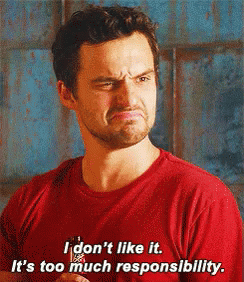
What is the individual’s role in society?
-

How much government is too much government?
-
What should a government’s main purpose be?
-
How does a government justify its authority?
-
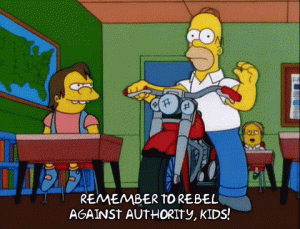
What justifies rebellion against a government?
“MM0001595E” by Florida Keys–Public Libraries is licensed with CC BY 2.0. To view a copy of this license, visit https://creativecommons.org/licenses/by/2.0/. https://www.flickr.com/photos/97623182@N00/4690835933
Key Thinkers
-

John Dewey
-
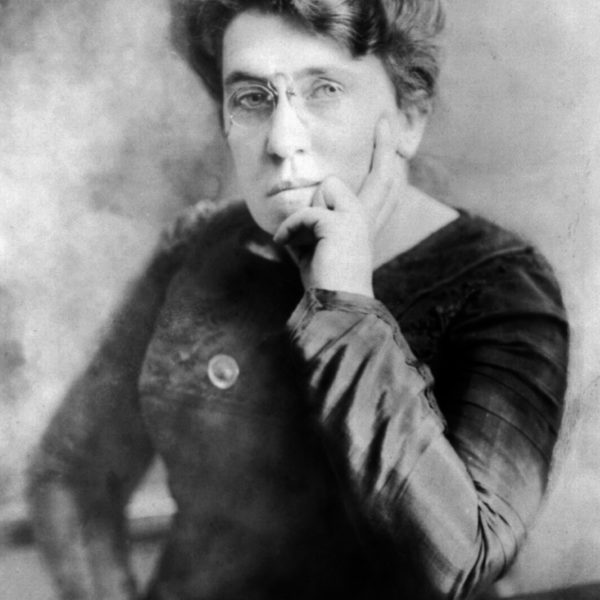
Emma Goldman
-
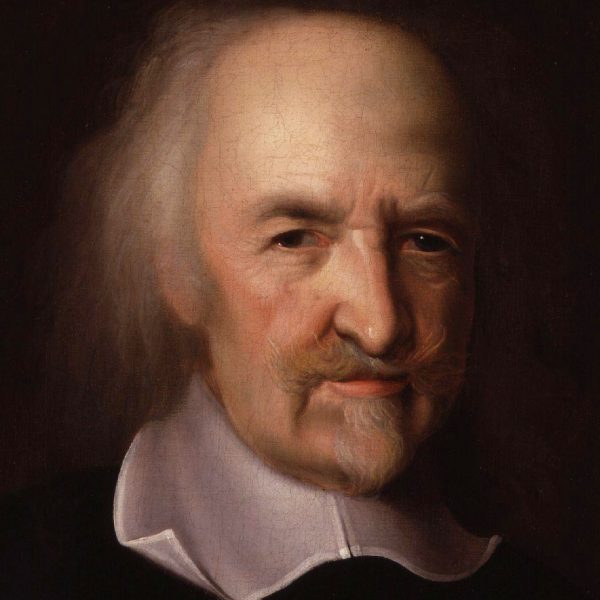
Thomas Hobbes
-

David Hume
-
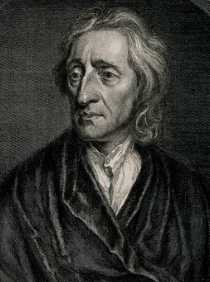
John Locke
-
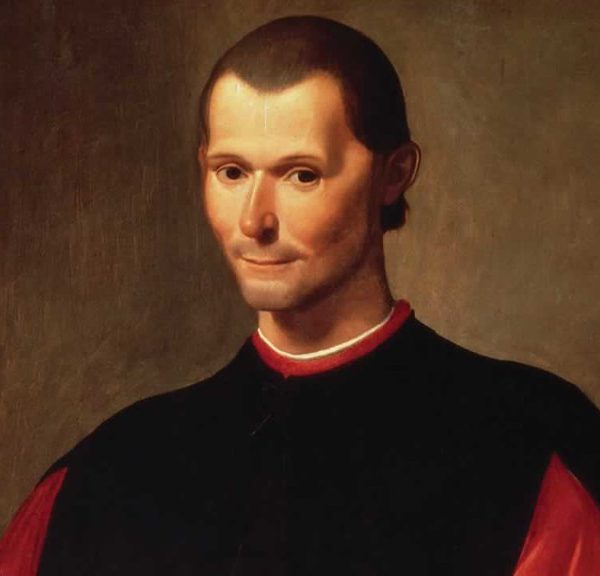
Niccolò Machiavelli
-

Karl Marx
-
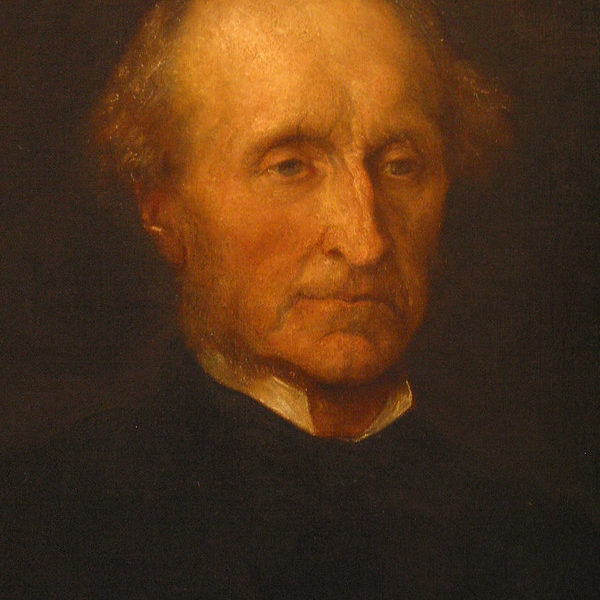
John Stuart Mill
-
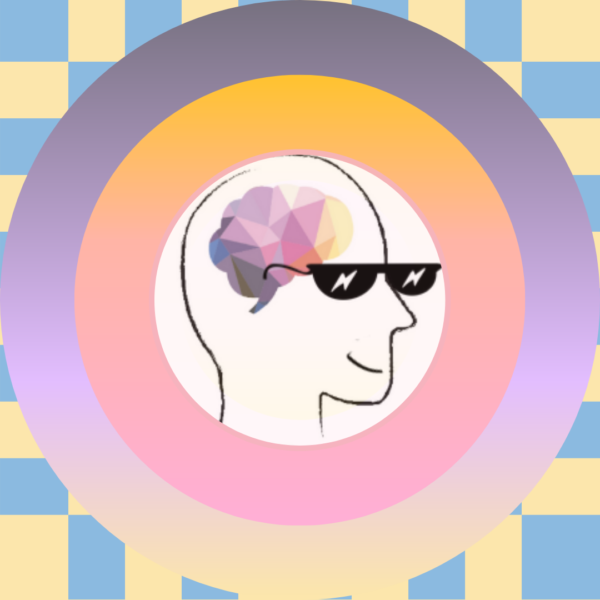
Charles-Louis Montesquieu
-
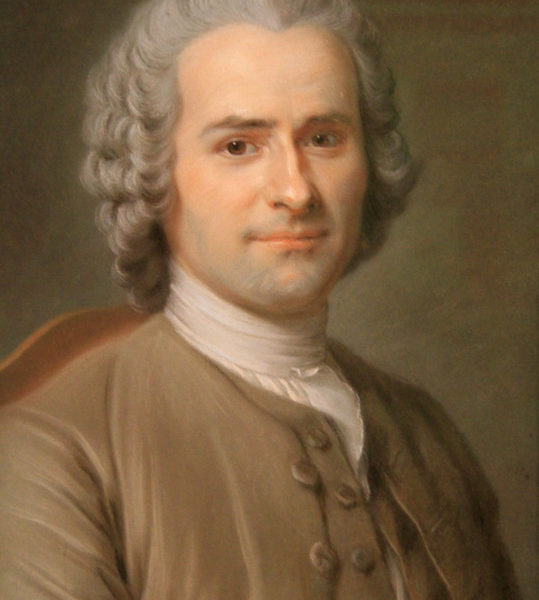
Jean-Jacques Rousseau
-
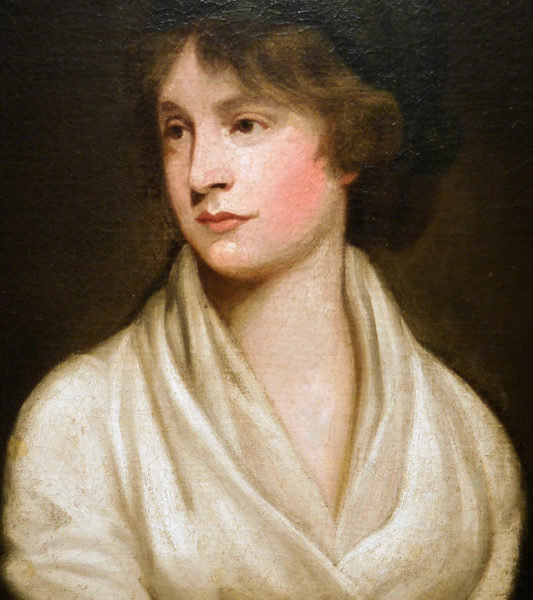
Mary Wollstonecraft
-

Ibn Khaldoun
-

Confucius
“Thomas Hobbes, philosopher” by lisby1 is licensed with CC PDM 1.0. To view the terms, visit https://creativecommons.org/publicdomain/mark/1.0/. https://www.flickr.com/photos/60861613@N00/3928775840
“David Hume” by Martin Beek is licensed with CC0 1.0 To view a copy of this license, visit https://creativecommons.org/publicdomain/zero/1.0/. https://www.flickr.com/photos/66122200@N00/32931731777
“File:John Locke. Line engraving by G. Vertue, 1738, after Sir G. Wellcome V0003651.jpg” by Wellcome Library, London is licensed with CC BY 4.0. To view a copy of this license, visit https://creativecommons.org/licenses/by/4.0. https://commons.wikimedia.org/w/index.php?curid=36403225
“niccolo-machiavelli” by Gerard Van der Leun is licensed with CC BY-NC-ND 2.0. To view a copy of this license, visit https://creativecommons.org/licenses/by-nc-nd/2.0/. https://www.flickr.com/photos/48600075743@N01/8820134034
“Karl Marx | Карл Маркс, 1875” by klimbims is licensed with CC BY-SA 2.0. To view a copy of this license, visit https://creativecommons.org/licenses/by-sa/2.0/. https://www.flickr.com/photos/22155693@N04/32109448247
“John Stuart Mill by G F Watts” by Martin Beek is licensed with CC BY-NC-ND 2.0. To view a copy of this license, visit https://creativecommons.org/licenses/by-nc-nd/2.0/. https://www.flickr.com/photos/66122200@N00/2833994816
“Le Jour ni l’Heure 7328 : Jean-Jacques Rousseau, Citoyen de Genève, 1712-1778, par Maurice-Quentin de la Tour, 1704-1788, deuxième version, 1759-1764, le Petit Montlouis, musée Jean-Jacques Rousseau de Montmorency, Val-d’Oise, samedi 11 août 2012,18:01:52” by Renaud Camus is licensed with CC BY 2.0. To view a copy of this license, visit https://creativecommons.org/licenses/by/2.0/. https://www.flickr.com/photos/7313591@N02/7763867540
“Mary Wollstonecraft” by edenpictures is licensed with CC BY 2.0. To view a copy of this license, visit https://creativecommons.org/licenses/by/2.0/. https://www.flickr.com/photos/10485077@N06/44431453110
Key Concepts
-
- inalienable rights
- basic entitlements that cannot be taken away
-
- social contract theory
- the belief that our political responsibilities come from an agreement between all of us to create the society in which we live
-
- state of nature
- original condition in which people lived or a fictitious state in which people originally lived before the creation of government









